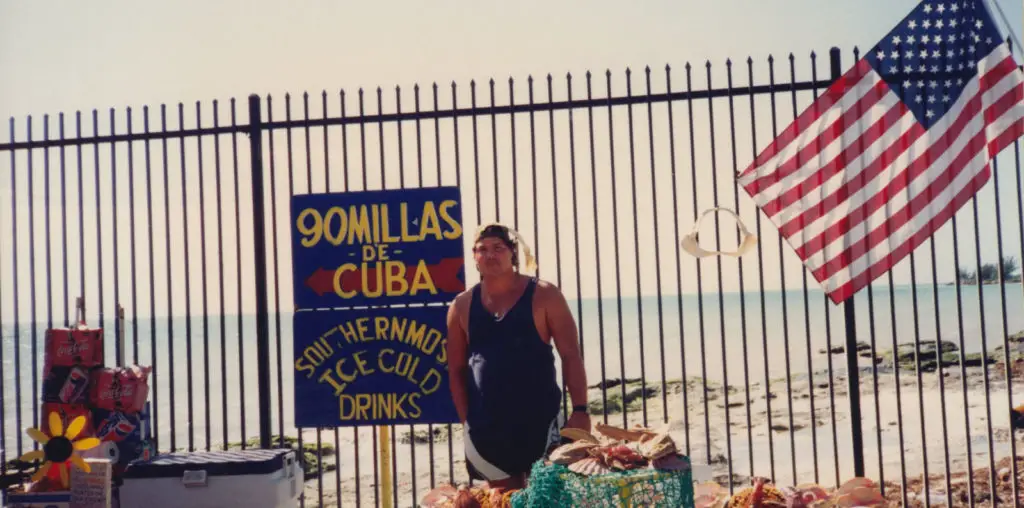
During the annual Academy Awards telecast, most viewers wait patiently for the category of Best Animated Short Subject to pass by. After all, few moviegoers ever get a chance to see the nominated films and it is difficult to get enthused over a completely unknown entity.
However, last year’s Oscar-winning animated short, a bold and innovative adaptation of “Peter and the Wolf” by British animator Suzie Templeton, is now being available for moviegoers to appreciate. A new DVD presents that film, along with insightful behind-the-scenes featurettes on the creation of the short.
Film Threat caught up with Templeton at her London studio and inquired about the story behind her award-winning film.
What inspired you to create a film based on “Peter and the Wolf”?
Early in 2002, soon after I finished my MA in Animation at the Royal College of Art in London, I was approached by Hugh Welchman, (then a recent production graduate from the National Film School in the UK), together with Mark Stephenson, a conductor, who asked me if I’d be interested in adapting and directing a film version of “Peter and the Wolf” for live orchestral performance. Had they not suggested it, I don’t think I would have chosen something so well-known and well-loved, and more importantly, a piece that exists so brilliantly in its own form without need of visual representation.
I did always have reservations about portraying the work in a visual medium because I always thought that it was exactly the absence of visual representation which made the piece so powerful. Also, I hadn’t listened to “Peter and the Wolf” since I was a child, but as soon as I did I was gripped by the music and filled with creative desire. I was very excited by the idea of working with live performance, and I saw within the story great scope to explore our fascination with the wild and longing for our lost relationship with nature and animals.
There was no money as yet in the project, but the idea and the opportunity to work in stop-motion, in my own style and with my own vision was enough to draw me in!
One striking element is the absence of the narration that often accompanies the symphonic presentation of the work. Why did you opt for a dialogue-free film?
When I was writing the screenplay, I was very attached to Prokofiev’s dialogue, such as the argument between the duck and the bird – “What kind of bird are you if you can’t fly?…” – and to the grandfather’s worrying “what if a wolf came out of the forest, what would you do then?’ This dialogue was a major part of the script through most of its development.
Then I saw a concert in Trafalgar Square – it was the Pet Shop Boys accompanying “Battleship Potemkin.” I was amazed by the power of this form – silent film with live music – and I immediately went home and erased all the dialogue out of the script. Of course, it meant that I had to sacrifice a lot, but I was convinced the film would gain so much power with this simpler form.
Your film added new elements to the story, including the harassment of Peter by the other hunters. How does this enhance the viewer’s appreciation?
Prokofiev’s story is beautifully simple and is perfect for performances with a narrator. But, of course, a 30-minute film needs a lot more story, more characterization, back story, etc., to sustain itself.
Very few short films gain wide release. Did the film have a theatrical release, or was it only in festivals?
The film has had quite a limited festival life, actually. But it does have the dimension of live performance which brings it to some amazing venues such as the Royal Albert Hall in England accompanied by the Philharmonia Orchestra, with an audience of 6,000, and the Mann Center for the Performing Arts in the U.S. accompanied by the Philadelphia Orchestra, with an audience of 9,000.
You have probably been asked about this endlessly, but…what is it like to win the Academy Award?
Well, I had some time to get used to the idea as the nominations were out a month before the Academy Awards. I spent the two weeks before the awards with the other nominees on Ron Diamond’s Oscar Showcase Tour (all except for Alexander Petrov, although I did meet him a couple of days before the awards). So, having got to know them, I would have been happy if any one of us had won the prize.
Having said that, I’m very happy that it was us! It was such a lovely warm and thrilling feeling – and it means a lot to everyone who worked on the film. We went through some very difficult times together and this is the ultimate reward that validates all of the talent and hard work that so many people put into the film in all sorts of ways. I’m not comfortable speaking in front of millions of people and I wish I had been able to give a better speech! But on that stage my mind went totally blank! So I’m happy something came out at all and that I didn’t fall over or something.
What are your next projects?
I’m making a cute little short and trying to write my feature!
